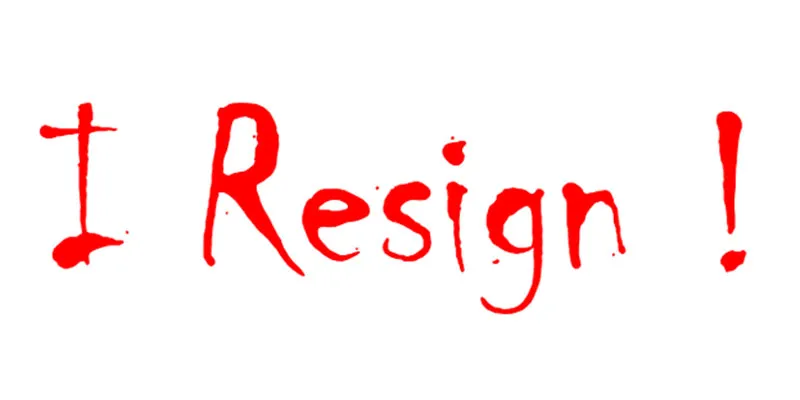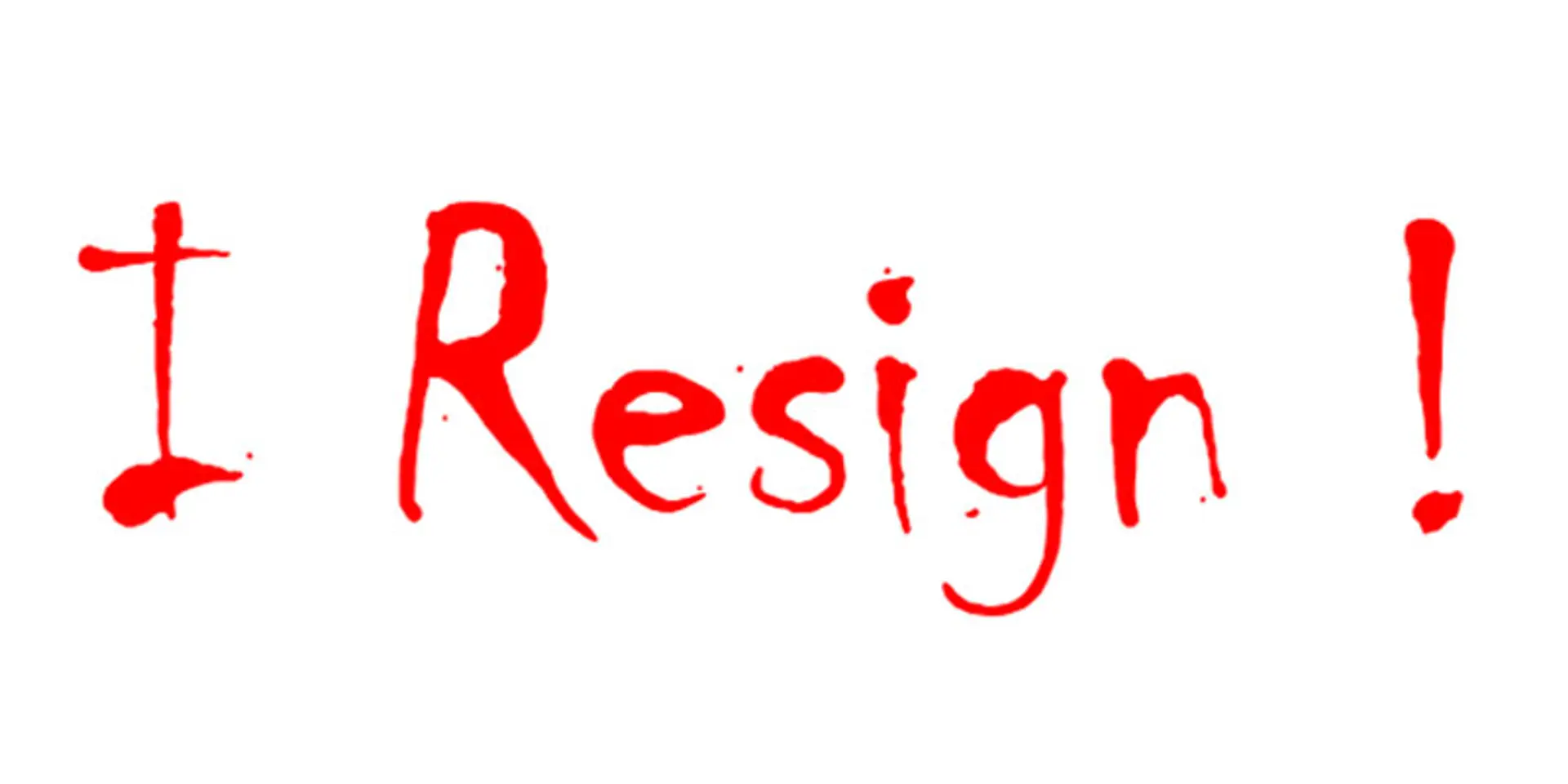As a founder/co-founder of a startup, the first thing you need to do to execute your idea well is to build a great team. Team is comprised of humans, not robots. Humans are driven by emotions. People remember not what you told them, but how you made them feel while they worked with you. This is the biggest factor that brings about the difference in defining the culture of a startup. In fact, it won’t be wrong to say that the bond which you make with your teammates will precisely predict the survival chances of your startup.

A startup's journey is always no less than a roller-coaster ride. It is going to be tough sailing through those moments of constant rejection and failure, unless you have a strong team backing you up, always ready to take difficult challenges head-on, for the reputation of your brand.
Startup leaders tend to do a lot of things at the same time and are mostly occupied, assuming that things will always be perfect within the team. They tend to ignore the importance of investing time just to strengthen the bond within the people in the team. But, like life, nothing is stable and permanent, things do go haywire, and knowingly or unknowingly, your employee’s emotional connection with the company does get hurt at times. This is what mostly triggers the thought in an employee’s mind to quit. And you being the leader of the team happen to be the last person to know this decision your 'good' employee had already taken weeks back.
Here are some of the common reasons candidates give when asked why they quit their previous startup job:
- “Team had no vision, no goal. No one knew where that startup was heading.”
- “The company ran out of investor funding and had no hopes of survival beyond few months, so I decided to call it a timely quit.”
Positive vibes attract good people
Keeping the energy level of your workplace positive is very important, as that acts a magnet attracting and retaining really good people around. If the energy around your workplace goes down, good people are not going to stick. Also, during the initial days of your startup, it’s not the investor money which keeps the team together; rather it’s the opposite: it’s the team and its attitude that investors invest into.
It all boils down to what feel you as a founder spread and nurture within your team.
We humans can make sense of positive and negative vibes. For example, if your office space is full of people smiling, discussing, helping each other while joking, you immediately can feel the positive energy and you surely have highly productive employees who will be sticking around longer, compared to workplaces where hardly anyone smiles and employees are always fearful of their boss.
Just like any other human relation, this relationship of an employer with an employee and vice versa is driven by mutual respect and caring, with lot of emotional attachment for it to last longer.
If you treat people as your subordinates then there will always be a gap filled with inhibition, which is mostly not very productive in a fast-paced startup environment. But, if the leader treats them as colleagues or co-workers having a thinking brain of their own, you will be amazed at the amount of innovation and creativity they will be bring spontaneously to the team, which ultimately helps your startup grow faster. No amount of money can get such great teammates for you. It’s just a leader’s attitude and emotional attachment with his/her team that makes this magic happen.

Tips to retain good people in your team:
- Share your expectation with each employee: Each person in the team should very clearly know what contribution is expected from them, keeping in mind their level of expertise from prior experience. This will help each teammate remain focussed on their respective tasks.
- Stop micro-managing people: Your team is comprised of sensible people. You got to trust them and believe that even they want your company to grow and that’s the reason they joined you in the first place. No one likes to be told what to do each and every time. Give your teammates the responsibility of a task and let them decide how they want to execute it. You will not be disappointed trusting them.
- Celebrate mini successes: Mostly happiness comes in small doses in a startup's journey. Leaders need to celebrate each time things go positive (however small they may be). This will keep the team motivated to strive for bigger success.
- Encourage employee participation: Your startup will never grow (or even survive) if you are the one who always dictates the terms to your team and your mates are fearful of expressing their thoughts or debating with you. There is no 'I' in a 'TEAM'. Everyone should participate in team discussions actively and express their ideas, however 'non-creative' they may be in front of the team, letting others to choose the best one out of them.
Summary:
Founders should treat their employees in the same manner as they would treat their co-founder(s). If you seek sincerity, honesty, commitment from an employee and want him to stay with you longer, do the same unto him/her first. During the early stages of your startup, it’s not the money but the emotional bonding you make with your good employees that will make them stick for a longer period of time with your company.







